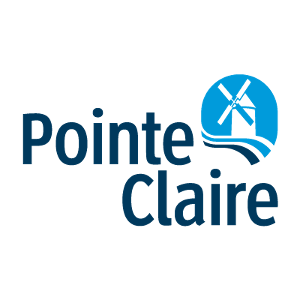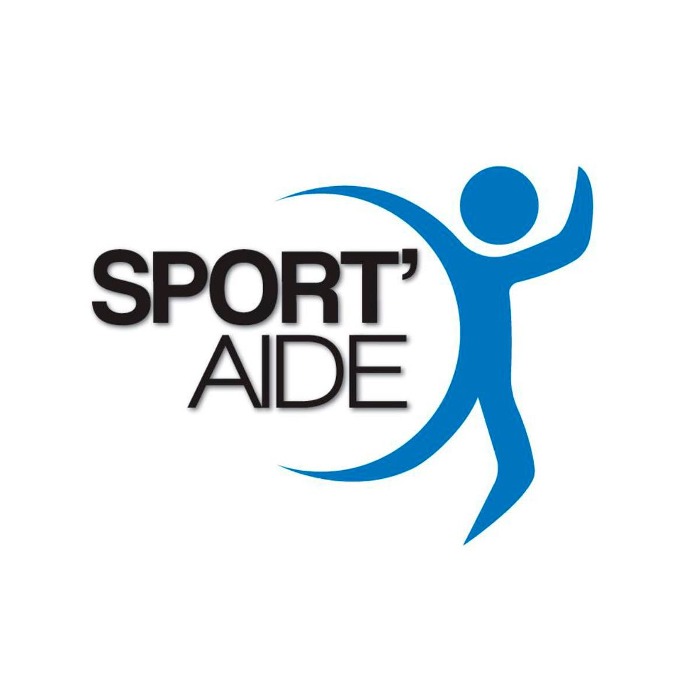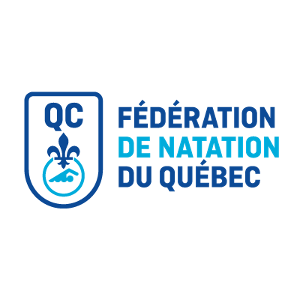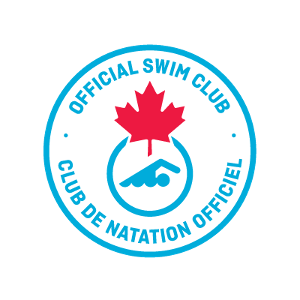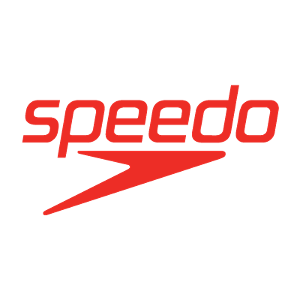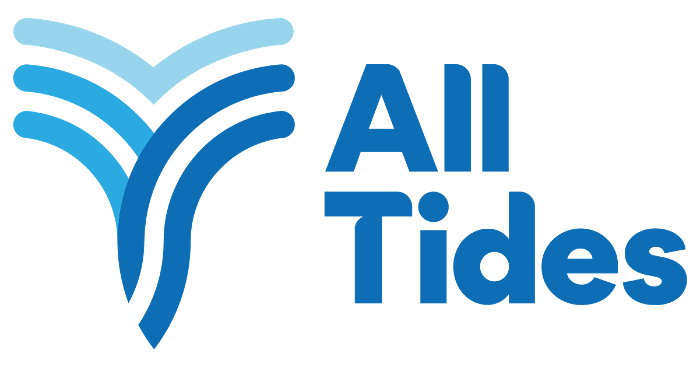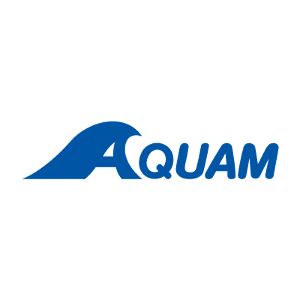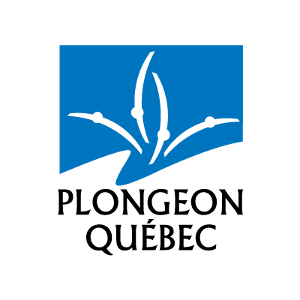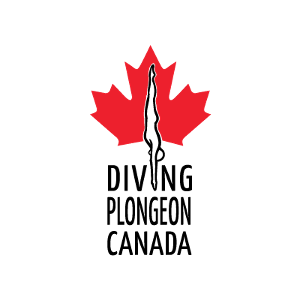Age Group A
Attendance: Monthly attendance of 80% is required in this group
Coach: Natalia Kalbarczyk
Hours of pool training per week: 13
Hours of dryland training per week: 3.5
The Age Group A group is a part of the Development Pathway
- Placement is based on the athlete’s progression in the PCSC development model.
- The development pathway at Pointe-Claire Swim Club comprises of the Age Group A, B, C, Provincial Development, Sport-Etudes Development, Junior Provincial, and Senior Provincial groups.
- Athletes in this pathway focus on the further development of all four competitive strokes, skills and techniques while developing and maintaining a high level of fitness.
- This pathway focuses on teaching athletes how to train effectively while preparing them to train more intensely in the future. We focus on mental development as well as providing new competitive opportunities at this level.
- Aerobic development starts in the pathway.
- Minimum attendance requirements during the season of 80% are expected in the development pathway, with a recommendation of 90% or higher for athlete progression.
- Morning practices are introduced at this level for certain groups.
- As athletes progress in our development pathway, they become more focused on competitive performance.
This pathway is important for:
11-12 years old
- Further development and consistent demonstration of all swimming skills.
- Further development and consistent demonstration of movement skills.
- Beginning of aerobic development training
- Expert instruction on technical and physical skills.
- Pre-growth spurt focus on repetition of skill leading towards mastery.
- Monitored flexibility training.
- Development of positive attitudes to self, others, and sport.
13 + years old
- Beginning of the individualization of the physical training approach.
- Mental health development and ability to deal with adversity.
- Advanced physical, technical, and tactical performance skills.
- Further develop aerobic development training.
- Ability to compete in various environments and conditions.
- Maintenance of flexibility.
- Development of autonomy, independence, and individual responsibility.
- Lifestyle skill awareness and development.
- Individualized strength development.
